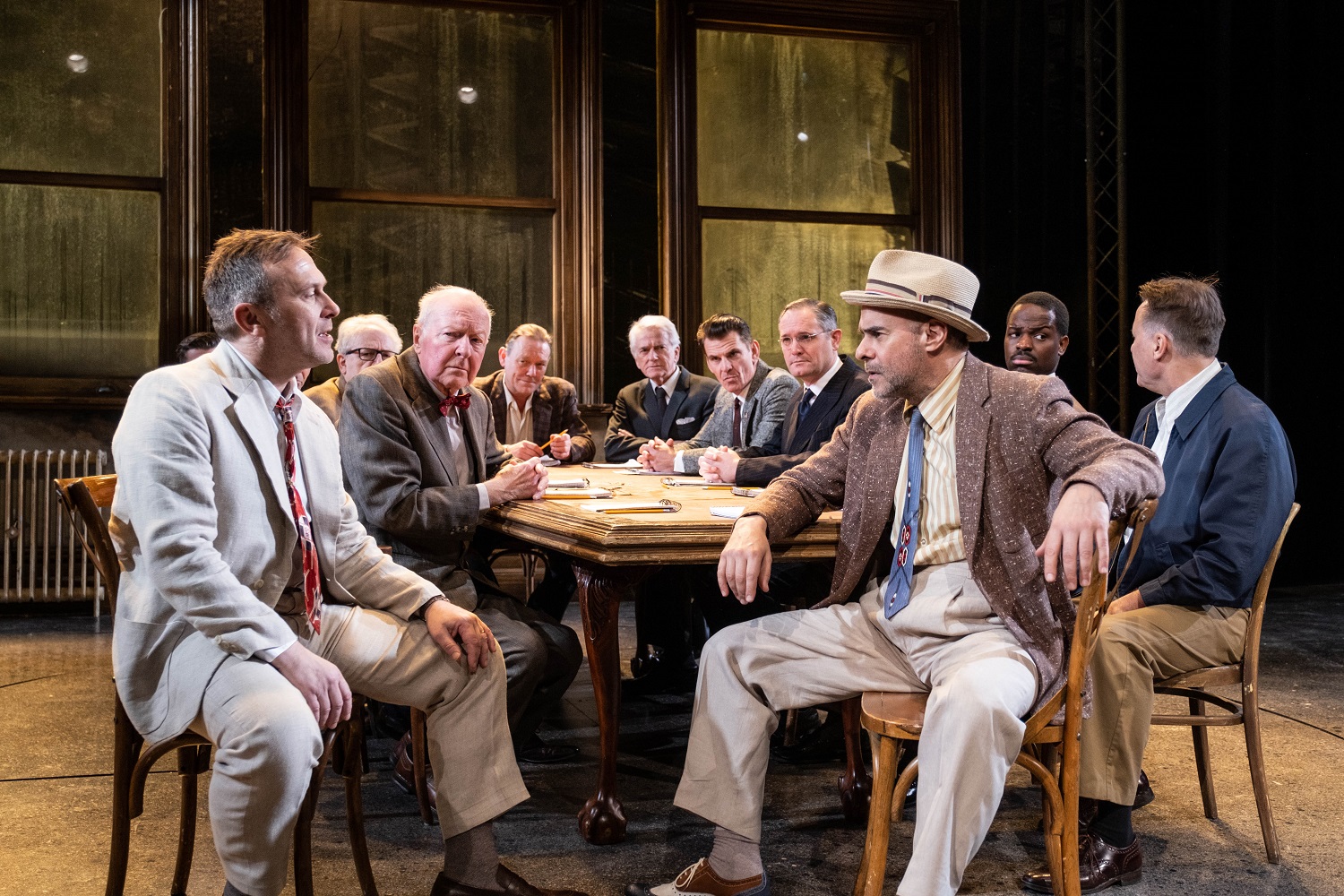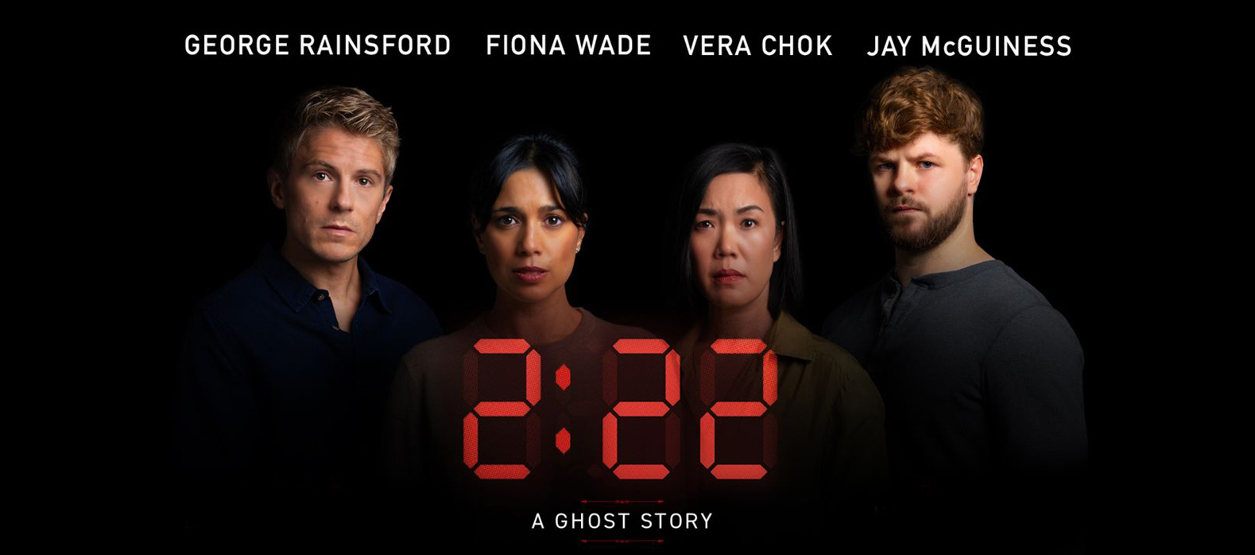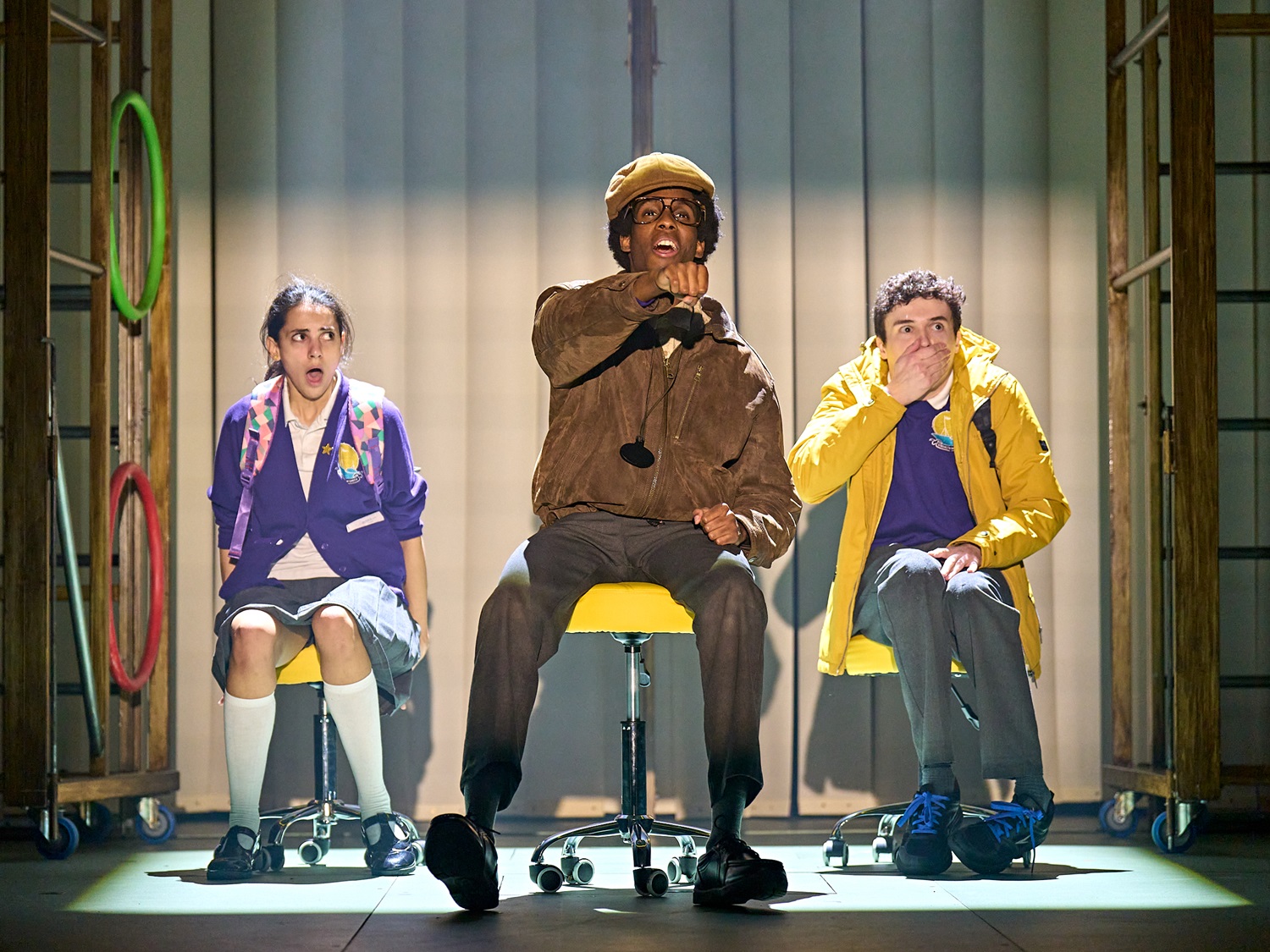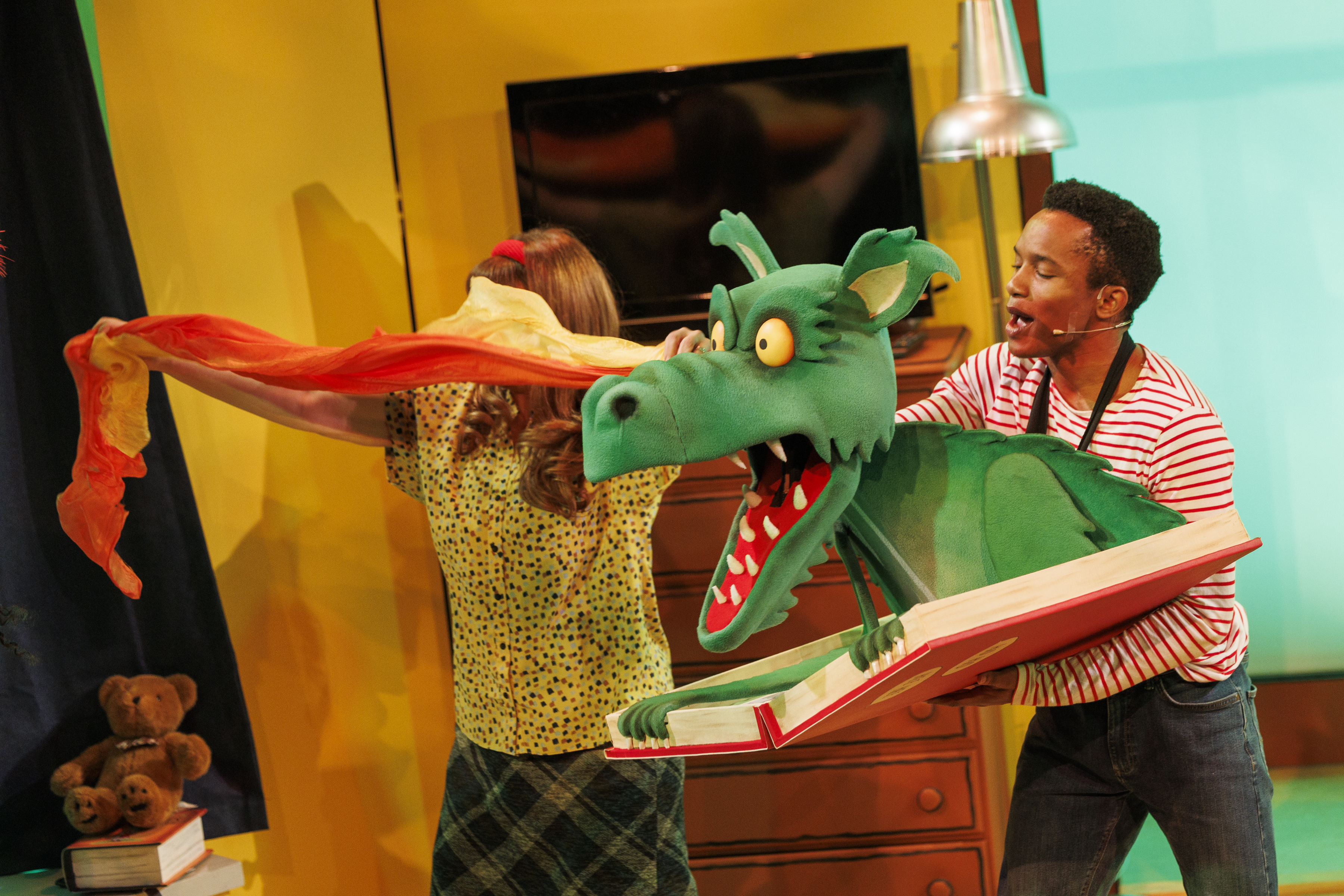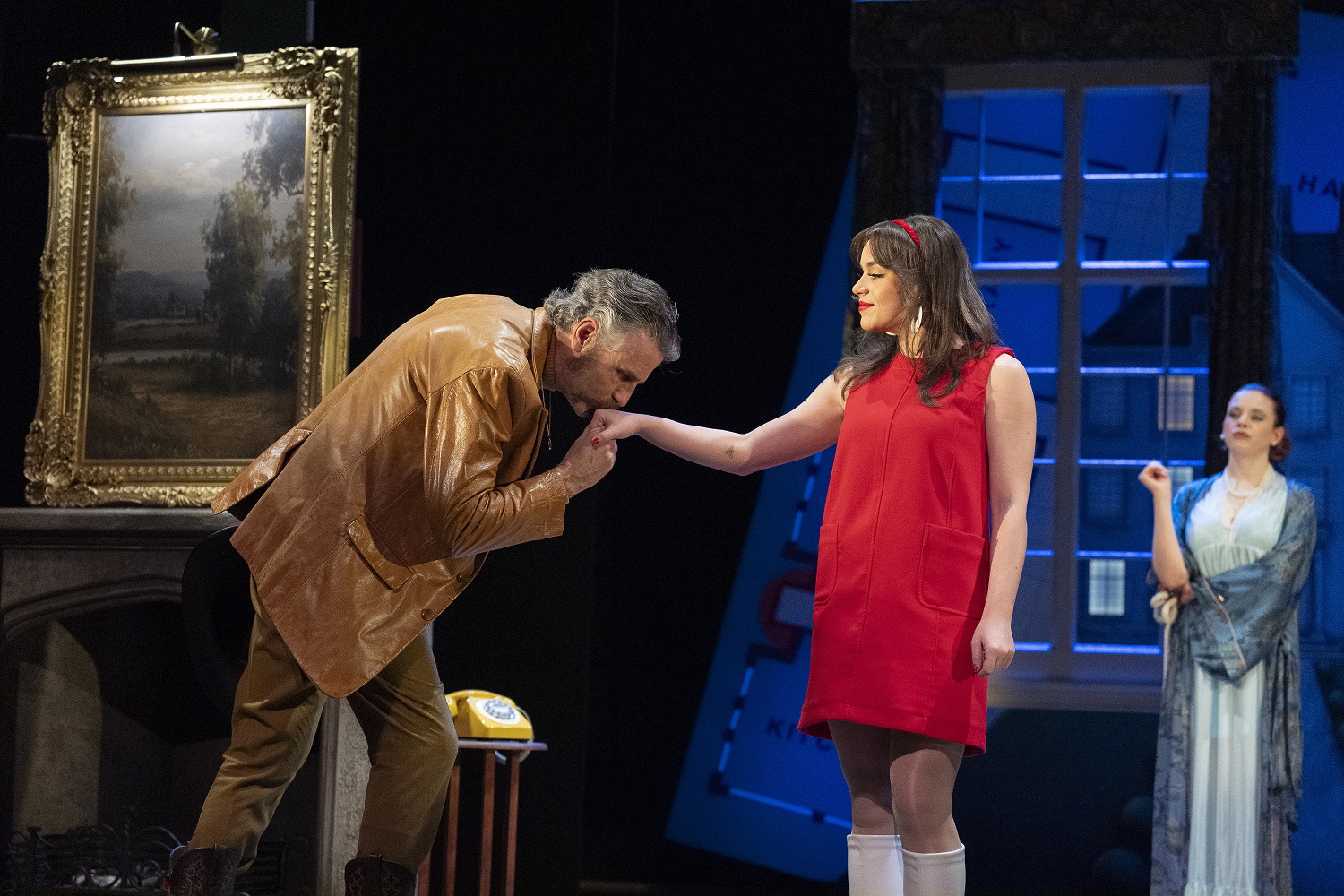
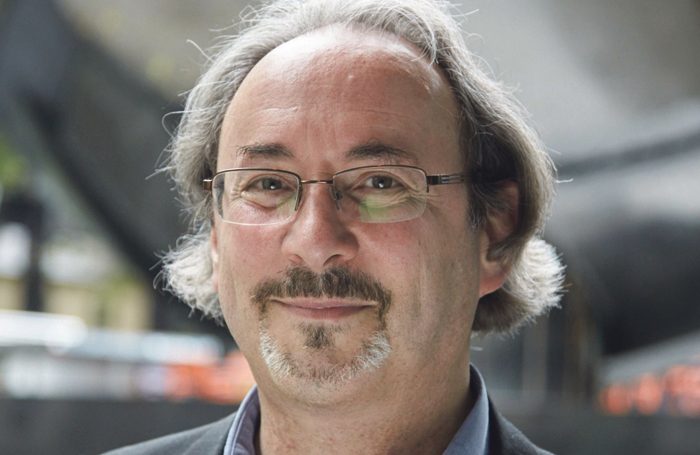
An Interview with Giles Croft
3 min read
Share
Giles Croft is the director for The Kite Runner, a stage adaptation based on the international bestselling novel. It is a haunting tale of friendship which spans cultures and continents, follows one man’s journey to confront his past and find redemption.
“Clearly there’ll be people who know it and they’ll have their reactions and responses,” he says of the acclaimed stage adaptation of Khaled Hosseini’s best-selling novel, “but I’ve seen how people who come into contact with it for the first time are so profoundly moved by it. It’s an exciting experience to be a part of.”The response is always extraordinarily powerful and we are fortunate to get standing ovations at every performance, with audiences connecting deeply and emotionally with the characters and the story,” he says.
It is, Giles strongly believes, a story with universal resonance. “It speaks to all people through the core themes of guilt, forgiveness and redemption. Those are things that we all have some connection with. It doesn’t matter who you are or where you are, it will speak to you.”“Because so many people knew the novel we had to think through how true we were going to be to those expectations,” he recalls. “Where we going to set a new challenge for people familiar with the book or were we going to try and comfort them? The choice we made was to invest in the character of Amir as the storyteller in the same way the novel does.
Once we’d made that choice everything else became quite clear and I think one of the reasons it’s so successful is because you get inside Amir’s head the way you do in the novel.”Having no narrator in the film was “a completely legitimate option but it changes the nature of the relationship of the audience to that story,” says Giles, who decided not to use a child actor to play Amir as a youngster, as he had been in the Stateside production. “You’re inside Amir’s head – the dilemmas he has, the emotional traumas he has, the journey of his memory and his guilt. It seems to me that’s much more interesting and complex when you have one person playing both.”“They might be conflicted and some are better than others, but fundamentally it’s a human story and any story about forgiveness and redemption is worth telling whenever and wherever it’s set. It’s something we need to be reminded of and it’s especially important to be reminded of what’s happening in Afghanistan and to portray it not simply as a war-torn nation but as a place with a complex, interesting history and a wonderful culture.”
In 1985 Giles was appointed as Artistic Director of the Gate Theatre, London. In 1989 Giles joined the National Theatre as Literary Manager and in 1995 took up the post of Artistic Director of the Palace Theatre, Watford. Giles became Artistic Director of Nottingham Playhouse in 1999 where he has directed more than 50 productions. His most recent include: The Glass Menagerie; Any Means Necessary; Tony’s Last Tape; Forever Young; Arcadia; The Second Minute; Charlie Peace: His Amazing Life And Astounding Legend. His critically acclaimed production of The Kite Runner recently played the West End (twice at Wyndham’s Theatre and the Playhouse Theatre) and is now embarking on a national tour. In 2016, Giles announced he would be stepping down from his role at Nottingham Playhouse after November 2017. His final production as Artistic Director was The Cherry Orchard.Giles is also a playwright and his work has been produced widely in the UK and Europe. Earlier this year his latest play Channeling Jabez was produced in Scotland.
The Kite Runner comes to Blackpool’s Grand Theatre form the 22-26 May. You can book your tickets by clicking here, or call our Box Office on 01253 290190.





